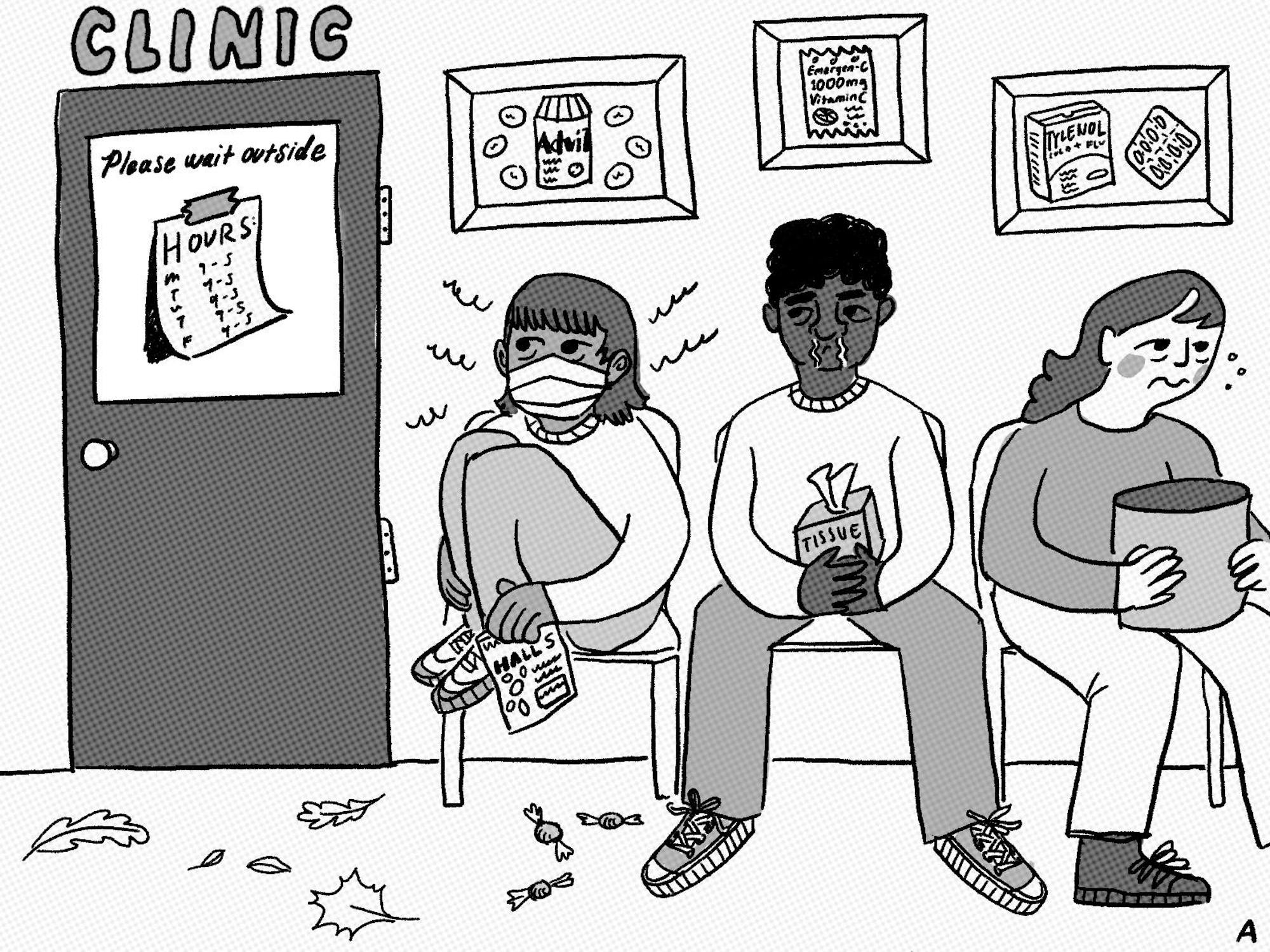I looked at my patient’s wistful brother as he asked, “How long does he have left?” We had just told him that our patient, his brother, was experiencing “heart failure.” I stood there as a medical student, wishing I could tell him that, despite its name, heart failure is not necessarily a death sentence. But that’s the thing about “medicalese”: The language we use doesn’t always directly translate into what we mean. There is nothing hopeful or optimistic about hearing that your heart “failed.” For most people, that sounds like you’re already dead.
Heart failure isn’t a precise diagnosis, but a generic term; it describes a series of clinical syndromes that suggest that your heart may not be pumping effectively enough to distribute blood to the tissues in your body. The spectrum of disease is highly variable. Depending on the patient, some can live up to two decades from their initial diagnosis, and patients on the appropriate guideline-directed treatment can even restore heart function.
The term “heart failure” impedes the doctor-patient relationship by oversimplifying a patient’s condition. As I conversed with my patient about heart failure, he was filled with a sense of urgency to follow medical recommendations. “If I exercise, eat less salt and stop smoking, will it go away?” he asked. “This is my fault, isn’t it?”
Alarmist terminology can shift blame to patients, which isn’t productive. Medical training emphasizes compassion and intentionality while avoiding jargon and explaining information to patients of all literacy levels. But this becomes difficult when the diagnosis doesn’t match the physiology. Heart failure is not the only example of insufficient medical language. The medical community recently rejected the term “morbidly obese” as a categorization for obesity, a long overdue change given that we don’t call people “morbidly diabetic” or “morbidly cancerous.”
The American Association of Cardiology encourages physicians to specify a patient’s degree of heart failure by using terms like “persistent heart failure” and “heart failure in remission.” Terms such as “heart disease” or “cardiac dysfunction” can be replacements. Yet, alternative terms have not yet been widely adopted.
As I followed my heart failure patient for the next three weeks, I was immensely pleased by his progress. As we gave him medications to decrease the strain on his heart, he improved quickly. When I first met him, his heart could not meet the demands of sitting up in bed. By the time he was discharged, he was able to walk and took two laps around the cardiac unit. Heart failure is a treatable condition — and the language we use should reflect that.






